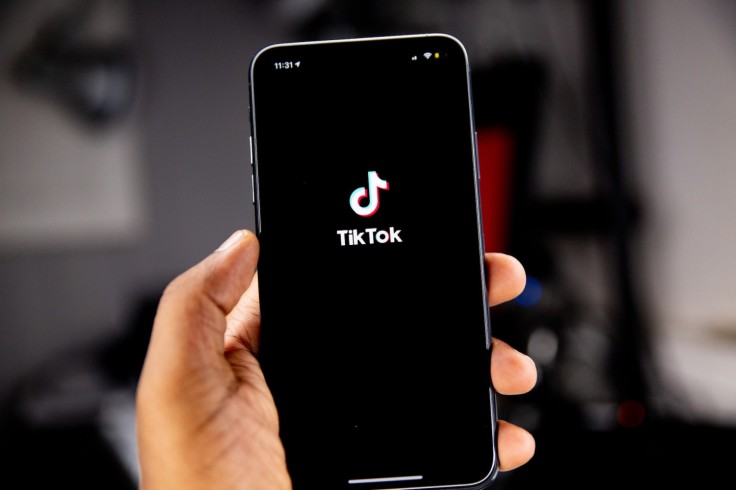
In the world of unmoderated forums usually found in social media and the hurtful culture surrounding body size, weight loss, and food culture can run rampant, per Very Well Family. Lucy Bergin, a fitness trainer, went viral in 2021 when her videos suddenly racked up more than 12 million views. Since then, social media, specifically TikTok has experienced an outbreak of weight-normative videos and diet culture.
A recent study conducted by researchers at the University of Vermont examined and analyzed certain hashtags about weight loss and body image. The study shows that content on TikTok appears to be promoting an unhealthy diet including food-restrictive culture, particularly among teens. It was published in PLOS One, a free site, and an open-access to share scientific research. The study paints a negative view of TikTok and body image.
Researchers determined themes on a famous social media platform like glorifying weight loss and concentrating on food as a way to acquire health and "thinness." The platform also showed nutritional information being mostly posted by certain influencers and everyday people rather than experts.
Read Also : Black Friday 2022: Best Baby Deals
Does TikTok truly promote an unhealthy relationship with food?
The study mainly focused on the use of ten hashtags, including #thinspiration, #cheatmeal, and #fitspiration, associated with certain diet cultures in 1,000 videos. The researchers stated that majority of these posts were made by "white, female adolescents, and young adults," recommending that weight loss is glorified among young women and their peers.
Dr. Katherine Hill, vice president of medical affairs at Equip, a virtual eating disorder treatment program that mainly specializes in pediatrics, said in the academic world, almost everyone knows that social media can truly have a detrimental impact on eating disorders and body image. Commonly, these certain struggles have partially drowned teens over the past decade due to the unrealistic beauty standards perpetuated on social media platforms such as TikTok.
She noted that the reality of these apps is that they use algorithms to drive young individuals toward contact that may be misleading and could even be harmful. Dr. Hill explained that in mere seconds, users can instantly view multiple depictions of unattainable lifestyles particularly bodies that appear to be realistic to some that they think they can achieve those without actually knowing the undue harm this strategy can bring upon them.
The algorithm is the main driver of diet culture content
Phylice Kessler, Licensed Mental Health Counselor with Mindpath Health, explained that the increased views of videos that promote unhealthy processes and methods to control weight are contributing to an increase in eating disorders, especially among adolescents. Moreover, if an individual watches one video regarding an eating disorder, they will most likely be given more videos with similar content, this is mainly because of the algorithms of the site.
The study indicates a striking concern with so-called "fitness" videos on TikTok: they focus on weight. Furthermore, almost 44 percent of the videos teenagers mostly watch had content about weight loss, and 20 percent particularly showed a certain person's weight transformation. However, Dr. Hill noted that society mistakenly equates being fit or healthy with being thin. Hence, weight should never be used as a singular measure of health as it is much more complex and nuanced and can also come in various sizes and shapes.
The researchers pinpoint that the algorithm serves as the main driver of this diet culture content. Basically, the TikTok algorithm shows users similar content every time they pay a visit, tailoring the content for them.
Related Article : New Report: An Alarming Increase of Online Threats to Children